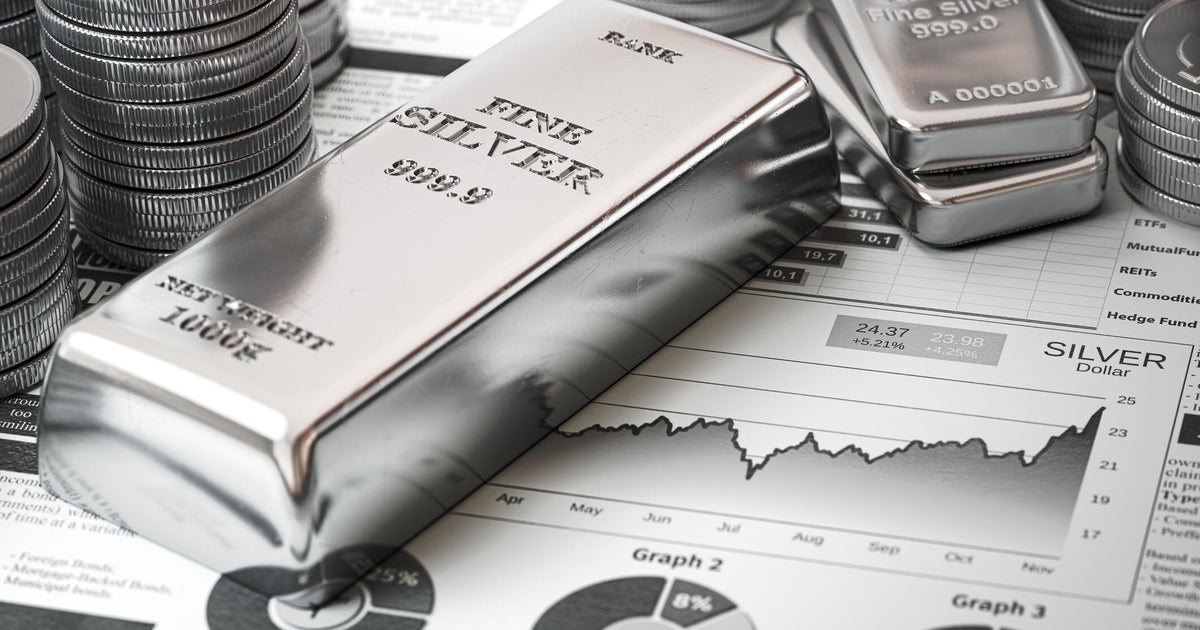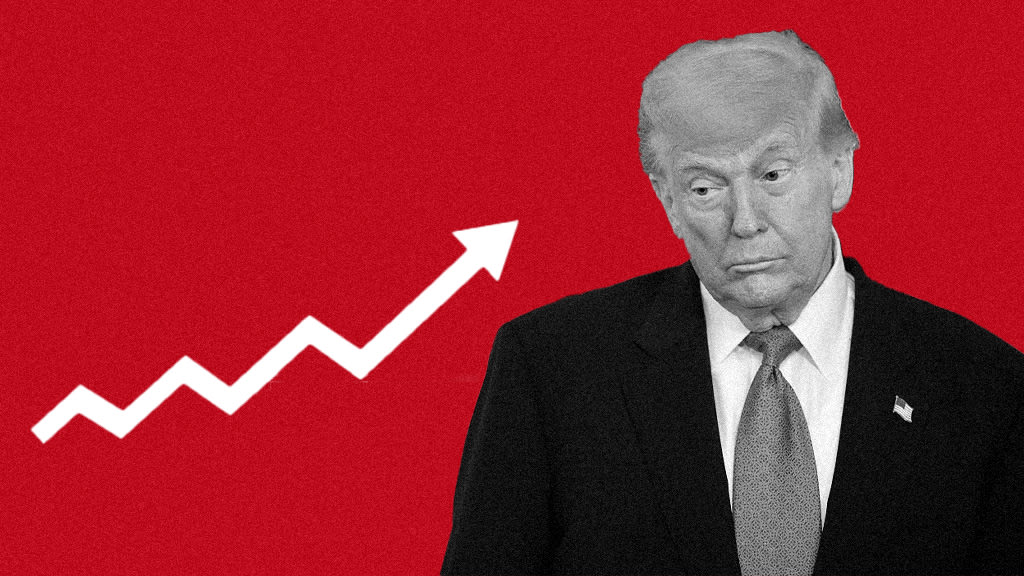Stocks fall as trading wobbles along with investors' confidence in economy
Stocks fell on Wall Street Wednesday with trading remaining choppy all afternoon as investors try to determine how rising interest rates and inflation will impact the economy.
The S&P 500 fell 1%, while the Dow Jones Industrial Average fell 278 points, or 0.8%, to 32,902. The tech-heavy Nasdaq fell 0.8%.
Banks and industrial companies were among the biggest weights on the broader market. Wells Fargo fell 1.8% and Union Pacific shed 3%. Technology stocks also fell. Intel lost 5.2%.
Smaller company stocks fell more than the rest of the market, signaling concerns about economic growth. The Russell 2000 fell 1.5%.
Bond yields rose. The yield on the 10-year Treasury, which banks use to set rates on mortgages and other loans, rose to 3% from a little over 2.9% late Tuesday.
The big concerns on Wall Street remain rising inflation and whether the Federal Reserve's shift to aggressively raise interest rates will help temper its impact — or push the economy into a recession.
Despite surging prices everywhere, consumer spending grew at a 3.1% annual pace from January through March.
"The U.S. consumer is almost single-handedly keeping the global economy afloat," said Andrew Hunter, senior U.S. economist at Capital Economics, in a research note.
Consumers pivot
Meanwhile, inflation continues to sting businesses. Retailers have been warning that rising prices are crimping sales, as consumers shift to either spending on services or focusing on necessities rather than purchasing otherwise discretionary items, like electronics.
Target shares dropped on Tuesday after the retailer said it was canceling orders from suppliers and slashing prices further to clear out amassed inventory ahead of the critical fall and holiday shopping seasons. The retail chain's actions come after a pronounced spending shift by Americans from investing in their homes to traveling, eating out for dinner and wearing dressier clothes — a change that arrived much faster than major retailers anticipated.
Lawn care products company Scotts Miracle-Gro slumped 8.9% after slashing its profit forecast for the year because retailers aren't replenishing orders as expected.
The Fed's goal is to slow economic growth enough to cushion inflation's impact. Demand for goods had been outpacing supplies and production capacity through most of the post-pandemic recovery.
But investors are concerned that the Fed could go too far too fast in raising rates and nudge the U.S. economy into a recession, especially with economic growth already slowing.
"We think inflation peaked in March and disinflation will grow more pronounced over the course of the summer, but this won't be apparent in the May CPI," Adam Crisafulli, an analyst with Vital Knowledge, said in a note.
"Inflation is too high"
"What investors need to realize is it's going to be a long time until inflation numbers look good," said Brian Levitt, global market strategist at Invesco. "What they need to focus on is whether it gets better or worse related to expectations," he said.
The impact from inflation has only been worsened by Russia's invasion of Ukraine, which has put more pressure on energy and food prices since February. U.S. crude oil prices rose 2.9% on Wednesday and are up 63% for the year, while wheat prices are up 39% in 2022. Supply chains have also gotten tighter following a series of lockdowns in Chinese cities fighting COVID-19 cases.
"As long as commodity prices remain elevated, it's going to be more difficult to see headline inflation come down," Levitt said.
Greater inflation pressure prompted the Organization for Economic Cooperation and Development to cut its forecast for economic growth, following several other international groups, including the World Bank, that expect inflation to have a lingering impact on economies around the world.
Normally, "the Fed wouldn't necessarily be expected to respond" to surging prices led by the war in Ukraine, according to Hunter of Capital Economics. But with "inflation so far above the 2% target, those old rules no longer appear to apply," he said, citing Fed Governor Christopher Waller's comment at an event last month: "At this point, I don't care what the reasons are. Inflation is too high and my job is to get it down."
Treasury Secretary Janet Yellen, testifying before the the Senate Finance Committee on Tuesday, said she expects inflation to remain elevated and that bringing it down is a top priority. The Fed is widely expected to raise its key short-term interest rate by half a percentage point at its meeting next week. That would be the second straight interest-rate hike of double the usual amount, and investors expect a third in July.
Wall Street is closely watching economic data for signals that could prompt the Fed to potentially ease up on the size of its rate increases. The next big update on inflation arrives Friday, when the U.S. government releases its latest reading on the consumer price index.



